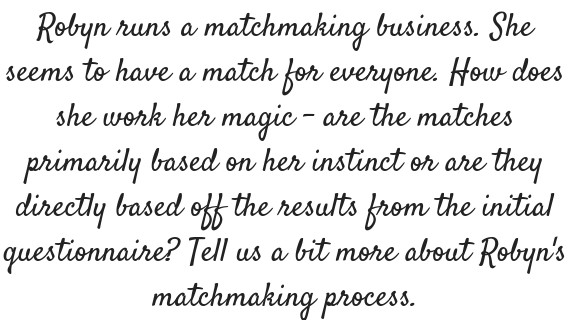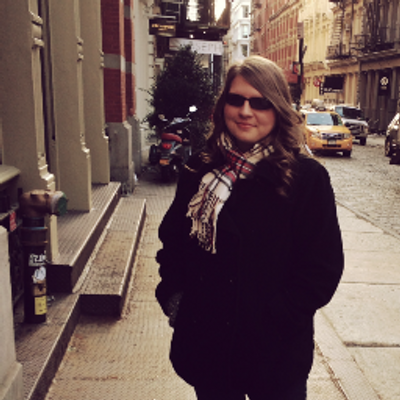Kelly Coon
YA author Kelly Coon (GRAVEMAIDENS, Oct. 29 2019 Delacorte Press, sequel 2020) is an editor for Blue Ocean Brain, a member of the Washington Post Talent Network, a former high school English teacher, ACT test prep book author, and a wicked karaoke singer in training. She adores giving female characters the chance to flex their muscles and use their brains, and wishes every story got the happy ending she's living near Tampa with her three sons, brilliant husband, and a rescue pup who will steal your sandwich.-Goodreads
Yeah, Kammani tends to be ultra-focused on the realities in front of her, while Nanaea allows herself to enjoy the moments of beauty and fun when they are there. I think Nanaea probably enjoys the very first selection festival the most because it is such a shock to her. No one expected that the daughter of a healer who has been cast down after failing to heal the lugal’s son would get the honor. So the thrill of her selection would only add to the excitement in her mind.
I was raised in a fundamentalist environment, so I heard about human sacrifice since the time I was a little kid. Although I’m not a fundamentalist anymore, the willingness of someone to die for something they believe in is compelling to me. Once I read some history about the ancient practices of human sacrifices all over the planet, I knew I wanted to set my story in a fantasy world where this was revered.
So much! I researched sewing lacerations, mixing tinctures, midwifery, weaponry, ancient common flowers, trees and herbs, and even what women used to do regarding periods in ancient times. Hint: modern society did not invent the tampon.
He is of the nobility. In Alu, class is determined by what you own, and in general, there is a small portion of nobility and a larger portion of those who are working hard to stay afloat. Since Dagan’s family owns the most land, he is arguably one of the wealthiest people in the city. That’s why Kammani is supposed to feel grateful that he is seeking her hand (spoiler alert: she doesn’t). Someone of his wealth and status shouldn’t want to be with someone of such lowly means like Kammani, and like many of the traditions in her city, Kammani hates it.
Work smarter, not harder. Oh! And have a growth mindset.
I wrote three failed novels prior to writing Gravemaidens. And I was nothing if not persistent; my 106 agent rejections are a testament to that. But doing the wrong things persistently didn’t get me anywhere. It wasn’t until I humbled myself and realized I had so much to learn about the craft of novels, did I get my wonderful agent, Kari Sutherland, and get a two-book deal with Delacorte Press.
Sure! I’m just finishing up the edits on the sequel to Gravemaidens which comes out next fall. In this story, Kammani is working to prevent a war on her city’s soil, but she must battle warrior maidens who are just as intent on starting one while trusting her instincts—and her heart—to guide her.
I’ve also written another novel that my editor is considering right now and am currently working on a YA contemporary with speculative elements.
Iltani was absolutely my favorite to write. I basically wrote whatever popped into my head, whether it was sarcastic, mean, challenging, or witty. In real life, I have to bite my tongue a lot, but Iltani never has to. Haha! Sometimes, it’s fun to let loose, behave badly, and say exactly what you want to say, consequences be damned. 😉
I think I wrote the last scene between Nin Arwia and Kammani in the dungeon thirty different times. I was trying to get the emotional arc right for Kammani and it was difficult. Finally, I think I landed on it, but you’ll have to see for yourself if you think I was successful!!!
Yes! Getting a book published with Random House was always on my bucket list, so now that I’ve done that, I would really like to be able to sell film rights to one of my stories. I know I have very little to do with whether my books get made into a series or a film, but that’s just one of those pie in the sky dreams that I feel like I want to pursue anyway.
Thank you for joining us on the blog today, Kelly!
I absolutely adored Gravemaidens! Its heart pounding, jaw dropping journey takes readers completely by surprise. Gravemaidens by Kelly Coon is a masterful debut that twists your insides. Be sure to read my review on it, and most definitely add it to your tbr! Gravemaidens by Kelly Coon releases October 29, 2019! Make sure to check out Kelly Coon's website, where you can also find some goodies if you preorder her book!
About Gravemaidens
The start of a fierce fantasy duology about three maidens who are chosen for their land's greatest honor...and one girl determined to save her sister from the grave. In the walled city-state of Alu, Kammani wants nothing more than to become the accomplished healer her father used to be before her family was cast out of their privileged life in shame. When Alu's ruler falls deathly ill, Kammani’s beautiful little sister, Nanaea, is chosen as one of three sacred maidens to join him in the afterlife. It’s an honor. A tradition. And Nanaea believes it is her chance to live an even grander life than the one that was stolen from her. But Kammani sees the selection for what it really is—a death sentence. Desperate to save her sister, Kammani schemes her way into the palace to heal the ruler. There she discovers more danger lurking in the sand-stone corridors than she could have ever imagined and that her own life—and heart—are at stake. But Kammani will stop at nothing to dig up the palace’s buried secrets even if it means sacrificing everything…including herself.
















































